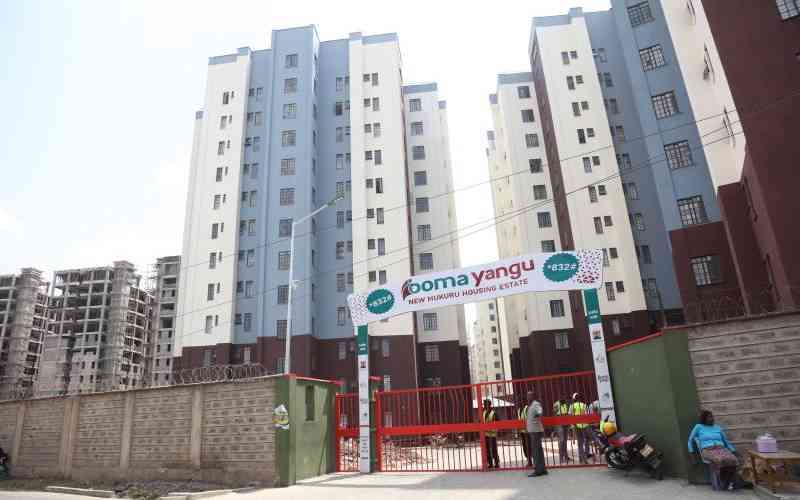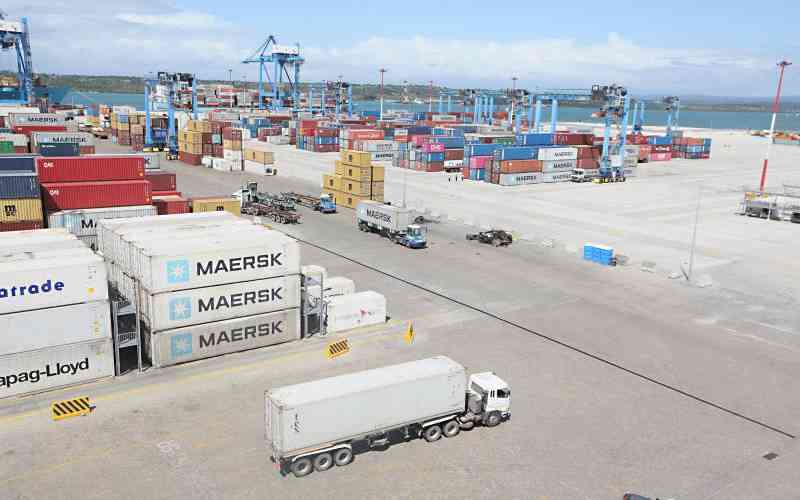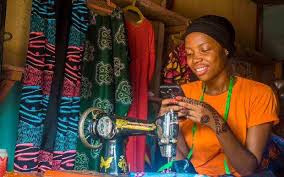
Uncertainty still surrounds which country will host next year's UN climate conference: Australia or Turkey. But for 2027, there's little mystery: it will almost certainly be Ethiopia, an African diplomatic powerhouse.
The news broke on the second day of COP30, the 30th UN climate change conference held in Belem, in the Brazilian Amazon.
Richard Muyungi, chair of the Africa Group of Negotiators told AFP the group "has endorsed Ethiopia." The Brazilian presidency of COP30 confirmed the African countries' choice to AFP.
It's not yet official -- the decision still needs to be officially adopted by all participating nations during the conference, which ends on November 21 -- but that should be a formality.
"We welcome the announcement of COP32 in Ethiopia and look forward to elevating Africa's climate priorities and leadership," said Rukiya Khamis, Africa senior organiser at the nonprofit 350.org.
UN climate conferences are organized in rotation among five regional blocs, which must select the host country by consensus within their group. The process can lead to power struggles.
This year, Brazil was chosen to host COP30 on behalf of the Latin American and Caribbean states. Africa's turn is scheduled for 2027, and Ethiopia was selected as the host country over Nigeria, another African giant.
"We look forward to welcoming all of you to Addis Ababa for COP32," Ethiopian Ambassador to Brazil Leulseged Tadese Abebe said in response, during a plenary session, adding his country had begun initial preparations.
As the headquarters of the African Union (AU), the Ethiopian capital is well-versed in hosting major global events -- from AU annual meetings to numerous international conferences.
COP31 deadlock
Located in the Horn of Africa, the continent's second most populous country, with some 130 million inhabitants, faces intense periods of drought.
At the same time, Prime Minister Abiy Ahmed likes to showcase his environmental commitment: his country was the first in the world to ban the import of internal combustion engine vehicles, and the government has pledged to plant billions of trees.
While Ahmed was awarded the Nobel Peace Prize in 2019, a year after coming to power, for his rapprochement with neighboring Eritrea, Ethiopia continues to face serious security challenges.
The war in Tigray, a region in northern Ethiopia, claimed at least 600,000 lives between 2020 and 2022, according to the African Union, and spilled over into the neighboring Afar region.
In recent days, tensions between Tigray and Afar have flared up again, and Ethiopian-Eritrean relations have deteriorated once more.
Stay informed. Subscribe to our newsletter
While the decision regarding the 2027 COP32 is awaiting official ratification, obstacles remain for COP31 next year.
Australia wants to host it in Adelaide and has more support, but Turkey refuses to concede and abandon its bid for Antalya.
Both countries belong to the "Western Europe and Other States" group.
Negotiations are ongoing, and a decision must be reached in Belem, otherwise COP31 will be held by default at the UN Climate Change headquarters in Bonn, Germany.
Such a deadlock would be unprecedented in the history of UN climate conferences.







